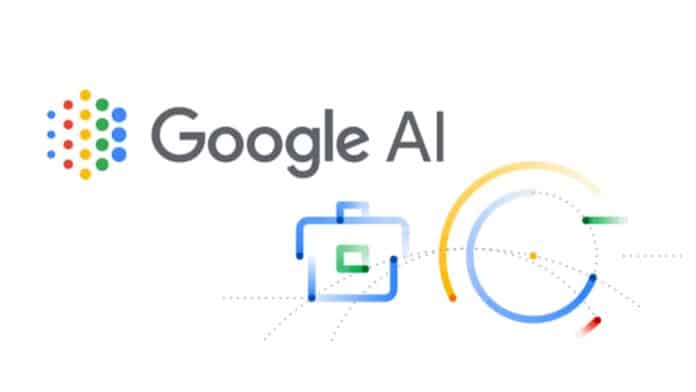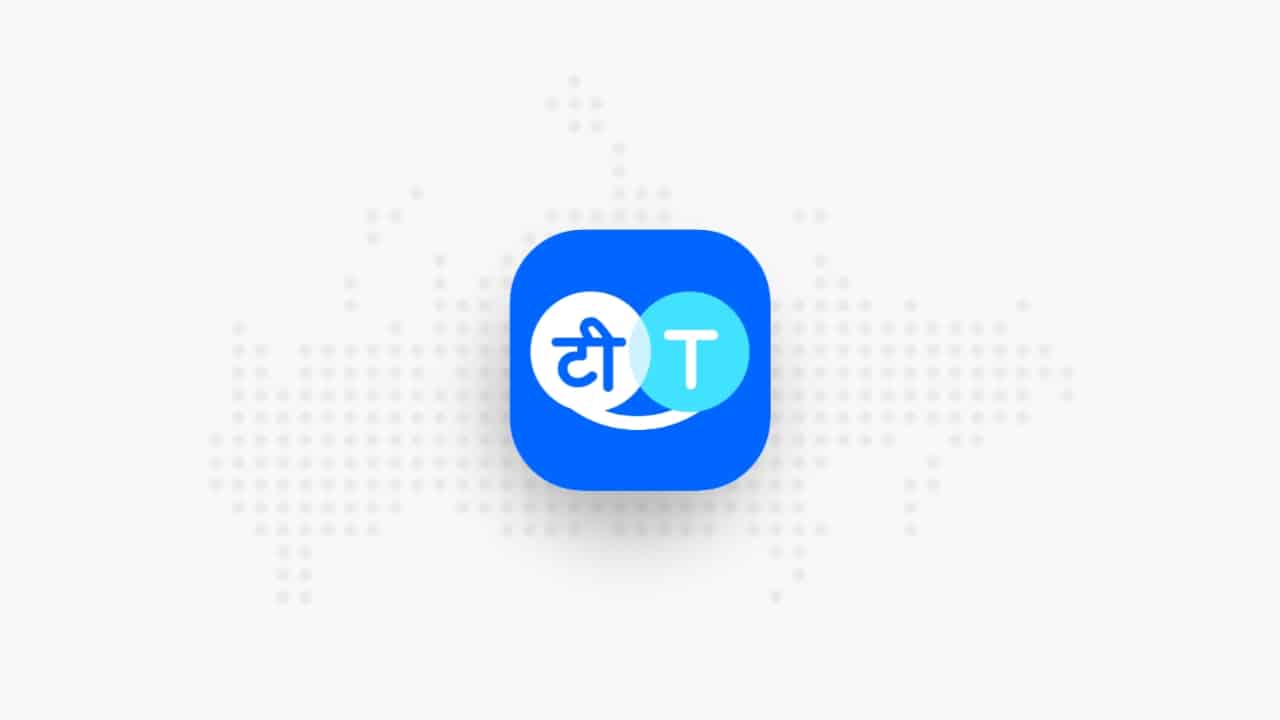Google AI advancements: The year 2023 has witnessed a significant paradigm shift in the landscape of consumer-facing AI technology, positioning itself as a watershed moment. Notably, OpenAI’s ChatGPT, a revolutionary advancement in late 2022, set the stage for tech giants like Google to pivot their efforts toward artificial intelligence.
Among them, Google has played a prominent role, unveiling many AI-centric projects for Android, the Pixel lineup, and Google Workspace.
As we approach the end of December, it’s opportune to reflect on the strides Google has made in AI advancements throughout 2023.
Despite glimpses of these projects at the Google I/O conference in May, some are still awaiting widespread availability.
In this retrospective exploration, we delve into Google’s foray into AI, shedding light on its notable projects and endeavors.
also read: How to Turn On Google AI Search: A Step-by-Step Guide
Google Bard
The AI narrative of 2023 began with Google’s response to OpenAI’s ChatGPT. In March, Google unveiled Bard, a conversational AI chatbot leveraging Google’s Language Model for Dialogue Applications (LaMDA).
While some perceived it as a reactionary move to OpenAI’s ChatGPT, Bard had been in development for years.
Bard, akin to ChatGPT, possesses the ability to understand and interpret natural language, engaging in conversations with users while demonstrating contextual understanding.
What sets Bard apart is its real-time access to information, surpassing the capabilities of the free version of ChatGPT.
A noteworthy improvement came with LaMDA2, enhancing Bard’s prowess, and just this month, Google launched the Gemini-powered Bard, intensifying the competition in the ever-evolving AI landscape.
Search Generative Experience
To enhance user experience, Google brought AI to the forefront of its flagship offering — Search.
While Bard effectively addresses queries, its accuracy and logical reasoning leave room for improvement.
Google responded by introducing the Search Generative Experience (SGE) through the Search Labs program.
SGE, although experimental, is widely available in English. It precedes web links on the Search results page, presenting users with succinct AI-generated summaries of information related to their queries.
Despite occasional inaccuracies, Google compensates with a row of one-tap follow-up questions, mirroring the interactive nature seen in Bard. Users can choose to delve deeper into web links or rely on concise AI summaries.
Gemini
The pursuit of powerful language models led Google to develop Gemini, positioned to compete with OpenAI’s GPT-4.
Targeted primarily at businesses, Gemini boasts two key unique selling propositions (USPs) that hint at exciting possibilities for 2024.
Firstly, Gemini is multimodal, capable of accepting prompts in any combination of text, audio, and visual media.
This provides a human-like comprehension of information, utilizing multiple senses. Secondly, Gemini is available in three sizes — Nano, Pro, and Ultra.
The smallest iteration is immediately accessible on the Pixel 8 Pro, powering features like Smart Reply and summaries.
The mid-tier model, Gemini Pro, found its place in Bard, marking a transition from the older LaMDA2 model.
AI-powered features for Google Pixel devices
Google’s commitment to infuse AI into its products extends to the Pixel lineup, with notable enhancements introduced in 2023.
The Pixel 8 Pro, powered by Gemini, showcased improved predictive responses in WhatsApp.
Notably, Android 14 brought a slew of AI-powered features benefiting older Pixel devices compatible with the update.
One standout feature is Magic Compose in Messages, leveraging generative AI to craft creative responses with a simple prompt and tone selection.
Additionally, Android 14 introduced Generative AI wallpapers, offering users a personalized touch to their home screens using a text-to-image diffusion model.
These advancements underscore Google dedication to enhancing user experience through AI, even in everyday interactions.
Google Workspace is where the action is
While Google’s AI ventures span various segments, the most palpable impact is observed in the Workspace suite of products.
In 2023, Google significantly enriched apps like Docs, Sheets, and Slides with a myriad of AI features, collectively packaged as Duet AI for Google Workspace, available at a subscription cost of $30 per month.
One notable addition is Help Me Write in Gmail and Docs. This feature streamlines the process of drafting responses by utilizing AI to refine generated text based on a short prompt.
This functionality extends to Google Docs, allowing users to generate content on diverse topics using skillful prompts.
However, the abundance of text composition assistants raised concerns about potential redundancies.
Additionally, Help Me Visualise in Slides tackles the visual aspect of composition. It employs text-to-image diffusion models like Dall-E and MidJourney to convert textual prompts into images seamlessly integrated into presentations.
Meanwhile, Help Me Organize in Sheets automates data sorting, deriving numerical ratings from text reviews, presenting a boon for those managing large datasets.
AI in Google Meet
The integration of AI extends to Google Meet, enhancing meeting experiences. Duet AI introduces meeting summarization, accompanied by lighting and sound effects.
These summaries prove invaluable when revisiting meeting notes, saving time, and enhancing productivity.
Duet AI’s ability to pull data from multiple Workspace apps linked to the same Google account further consolidates information for impactful presentations, exemplifying the interconnected capabilities of AI within Google’s ecosystem.
Noteworthy mentions
Beyond the more mainstream consumer-facing AI products, Google ventured into wildcard creations in 2023. These innovations, though not as widely recognized, hint at promising applications if developed further.
One such creation is Immersive View on Google Maps, which is evolving from a rival to the 3D view in Apple Maps.
It utilizes AI to create immersive 3D representations of locations, aiding in better navigation and planning. However, limited availability to select cities tempers the widespread application of this AI-driven feature.
The Imagen Editor, while not immediately available to the public, showcases a leap in image editing.
Leveraging AI’s prowess, it combines the convenience of Bard with the precision of Adobe Photoshop’s Content-Aware Fill feature.
Specializing in localized edits, Imagen Editor simplifies the editing process through textual prompts, offering a glimpse into the future of effortless image manipulation.
NotebookLM, an AI tool powered by the Gemini Pro model, addresses a specific need — simplifying note-taking and content formatting.
Initially designed for students, its contextual understanding and information processing capabilities can benefit a broader audience, potentially transforming the note-taking landscape.
Sliding into 2024 with hopes and concerns
As we approach 2024 with anticipation, it’s imperative to acknowledge the undefined boundaries and challenges posed by the growing influence of AI.
Privacy concerns associated with vast data usage for AI improvement, the risk of plagiarism with AI-generated content closely resembling human work, and ethical considerations surrounding the use of AI are paramount.
Google, cognizant of these challenges, has pledged to protect users from potential legal ramifications.
However, the need for industry-wide initiatives, such as watermarking AI-generated content, remains crucial.
The ethical landscape of AI will undoubtedly shape the trajectory of advancements, and Google continued commitment to addressing these concerns is pivotal for responsible AI development.
Wind Up
Google AI advancements in 2023 have left an indelible mark on consumer-facing technology.
From conversational AI to multimodal language models and enriched productivity tools, Google has demonstrated its dedication to pushing the boundaries of what AI can achieve.
As we transition into 2024, the hopes and concerns surrounding AI will undoubtedly chart a course into the Future of Artificial Intelligence.






















Vice look